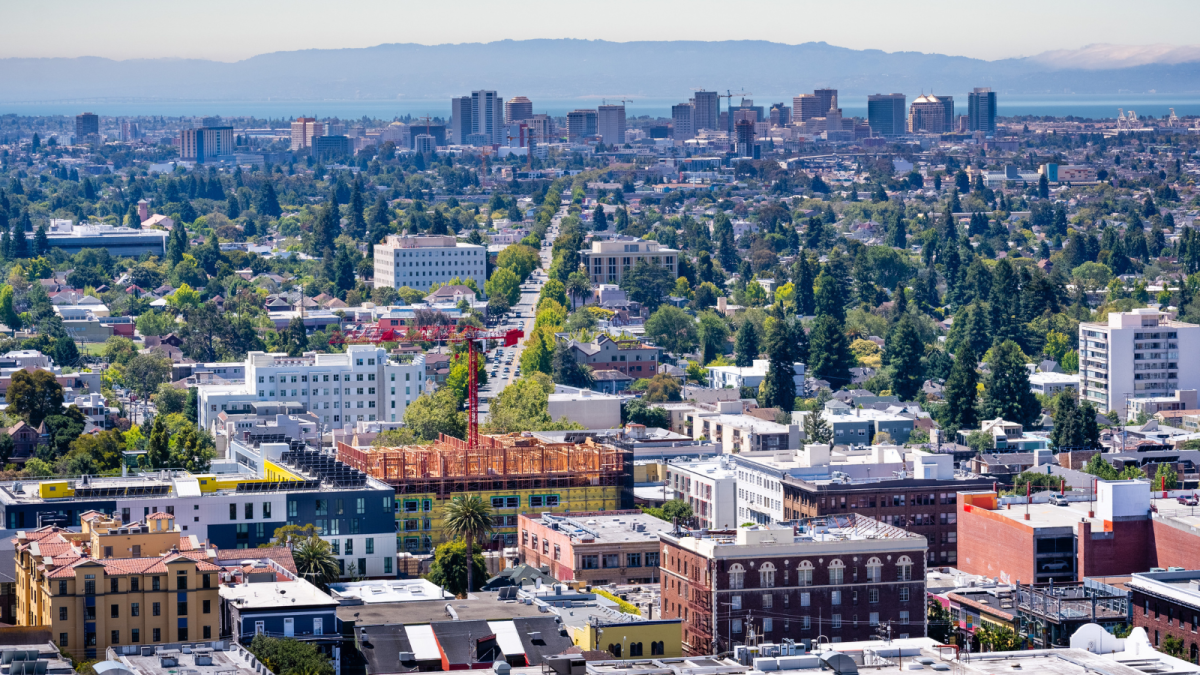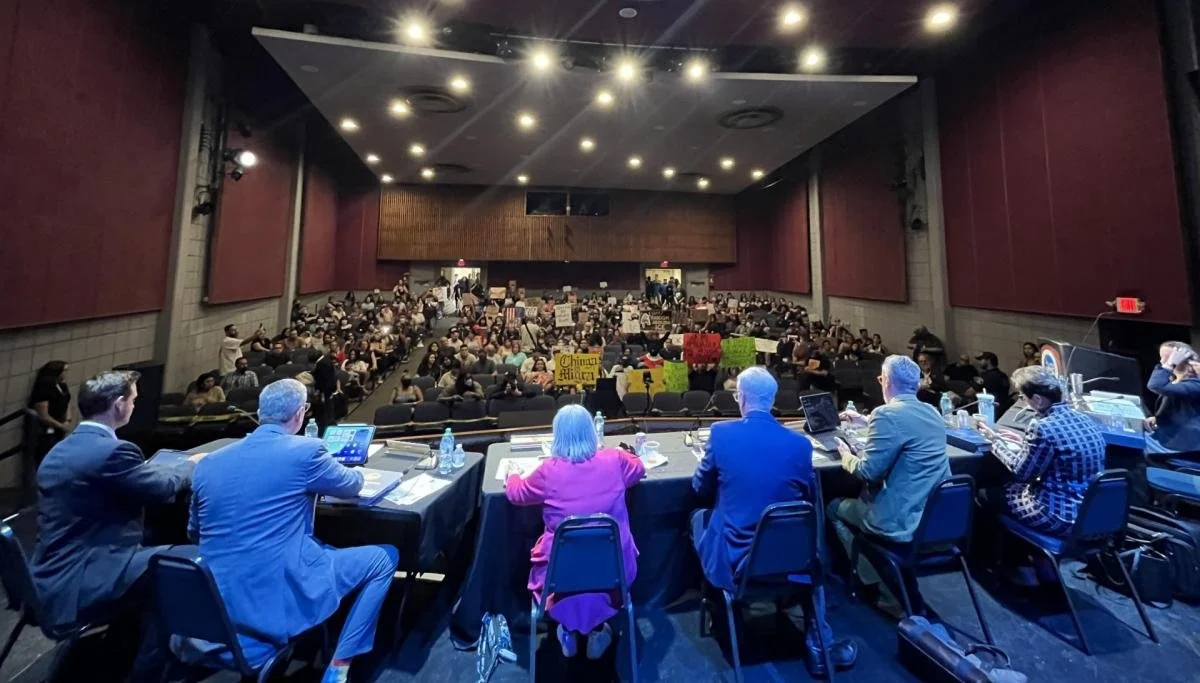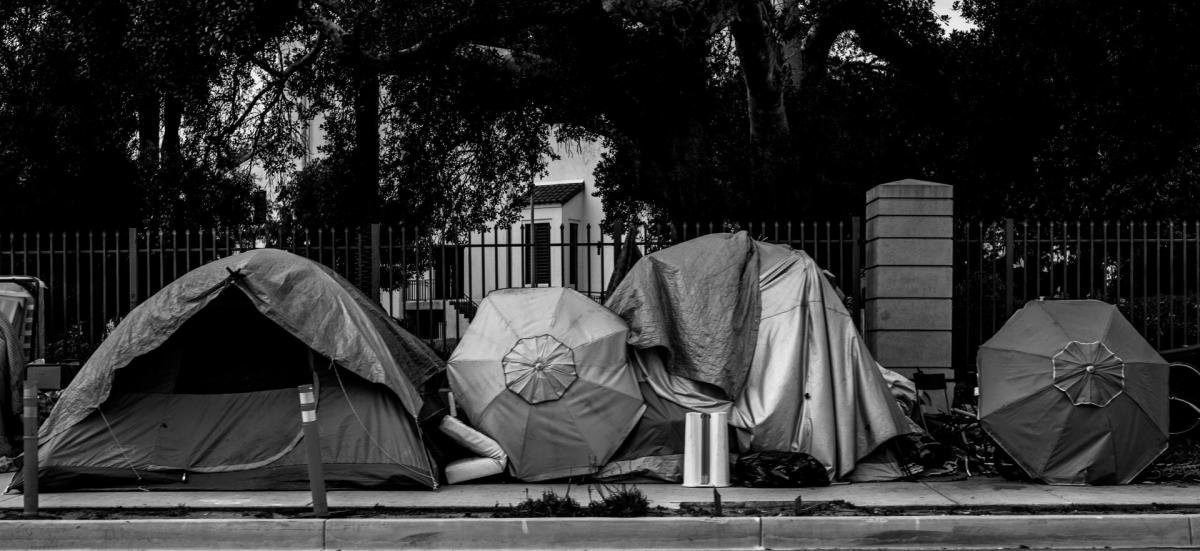How Berkeley turned firestorm housing fights into routine votes
“When I started development at Berkeley 35 years ago, I would go to public meetings and be compared to Hitler, Attila the Hun — I’m not exaggerating,” says Patrick Kennedy, a longtime local developer. “The local paper called [an eight-story building I built] a Stalinist monstrosity and monument to civic corruption.”
‘We can’t call the President and say stop.’ California cities scrambled to respond to summer immigration sweeps
California city officials say the surprise immigration sweeps that started earlier this year have eroded public trust, strained local economies, and revived old fears. And although there are limited ways to respond, they are determined to take care of their residents.
‘Who are our cities for,’ asks Brian Goldstone, ‘if millions of Americans are homeless?’
“The painful truth is that it’s less of a contradiction than just the system functioning the way it’s been designed. That sounds bleak, but in fact, it points to the possibility of different choices: If systems are designed, they can be redesigned.”
Want to end homelessness, recover faster from a disaster, or upskill workers? Call your library
According to State Librarian Greg Lucas, no other government-paid-for entity is as nimble or flexible as libraries. That makes them pillars of their community and well-positioned to tackle some of our biggest challenges — if they have the funding.
How cities can respond to and heal from mass shootings
Even with the nation’s most effective gun laws, Californians experienced a mass shooting every six days in 2023. “It is a sad state of affairs for our country and our community that we’ve had so many mass shootings that a set of best practices have emerged,” said one expert.
Welcome to the first AI election. Here’s what local officials need to know and can do to prepare
Experts are warning that artificial intelligence (AI) could undermine this year’s elections. But just what does that mean? Here’s what AI can do, the threats it poses to election security, and how local officials can help their communities prepare.
Hate campaigns are creating a ‘real legitimacy crisis’ says former Berkeley Council Member Rigel Robinson
At 27, Rigel Robinson’s political future was bright. His election to the Berkeley city council had broken barriers and his campaign for mayor won the endorsement of California Attorney General Rob Bonta. But earlier this year, he resigned, citing burnout and a long-running harassment campaign.
Anti-Asian hate crimes are down, but people are still worried. And for good reason
It’s easy to think of anti-Asian hate as a red or purple state problem. But most incidents occur here in California. Even though anti-Asian hate decreased in 2022, experts are warning this could be an aberration. Here’s what cities can do to mitigate the next wave of hate.
Ukiah’s bold housing policy is creating big results
Many cities in California are punching well above their weight to solve the housing affordability crisis. Ukiah (pop. 16,607) recently became one of the first rural cities to receive the state’s “prohousing” designation earlier this month. It is a remarkable accomplishment for a community that was once perceived as resistant to development. As recently as the early 2000s, developers complained about the “arduous” process…








